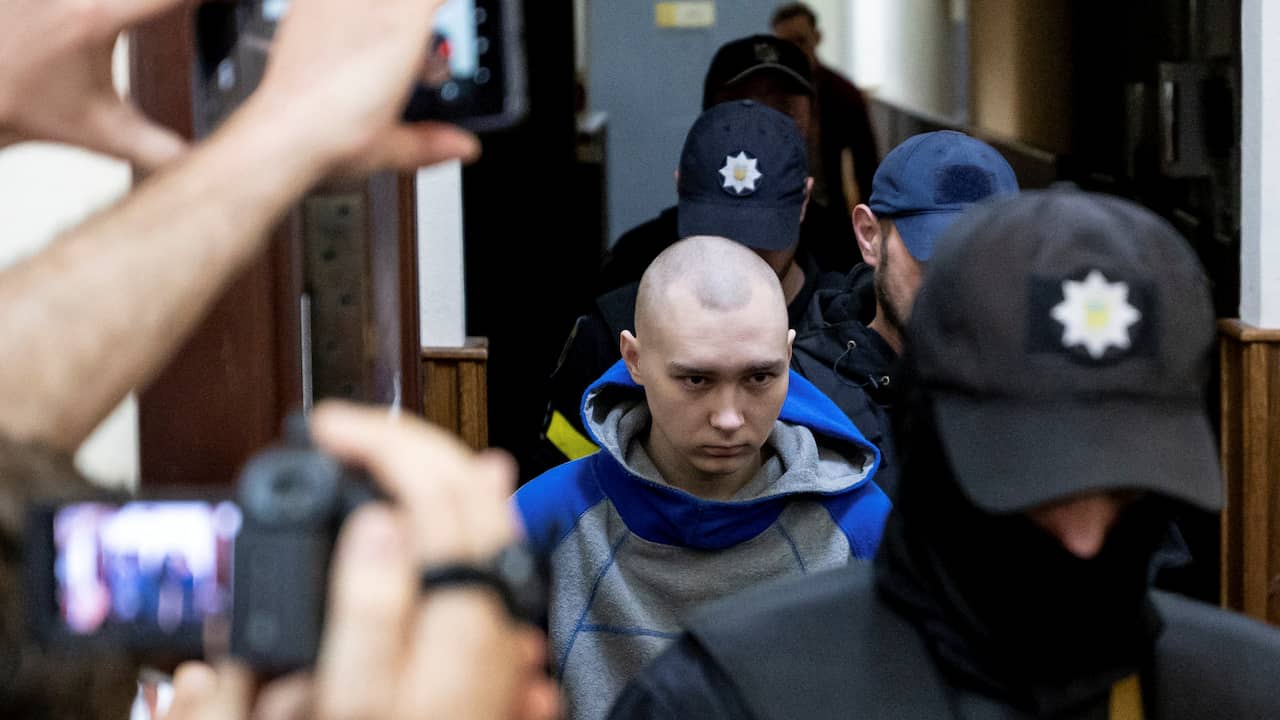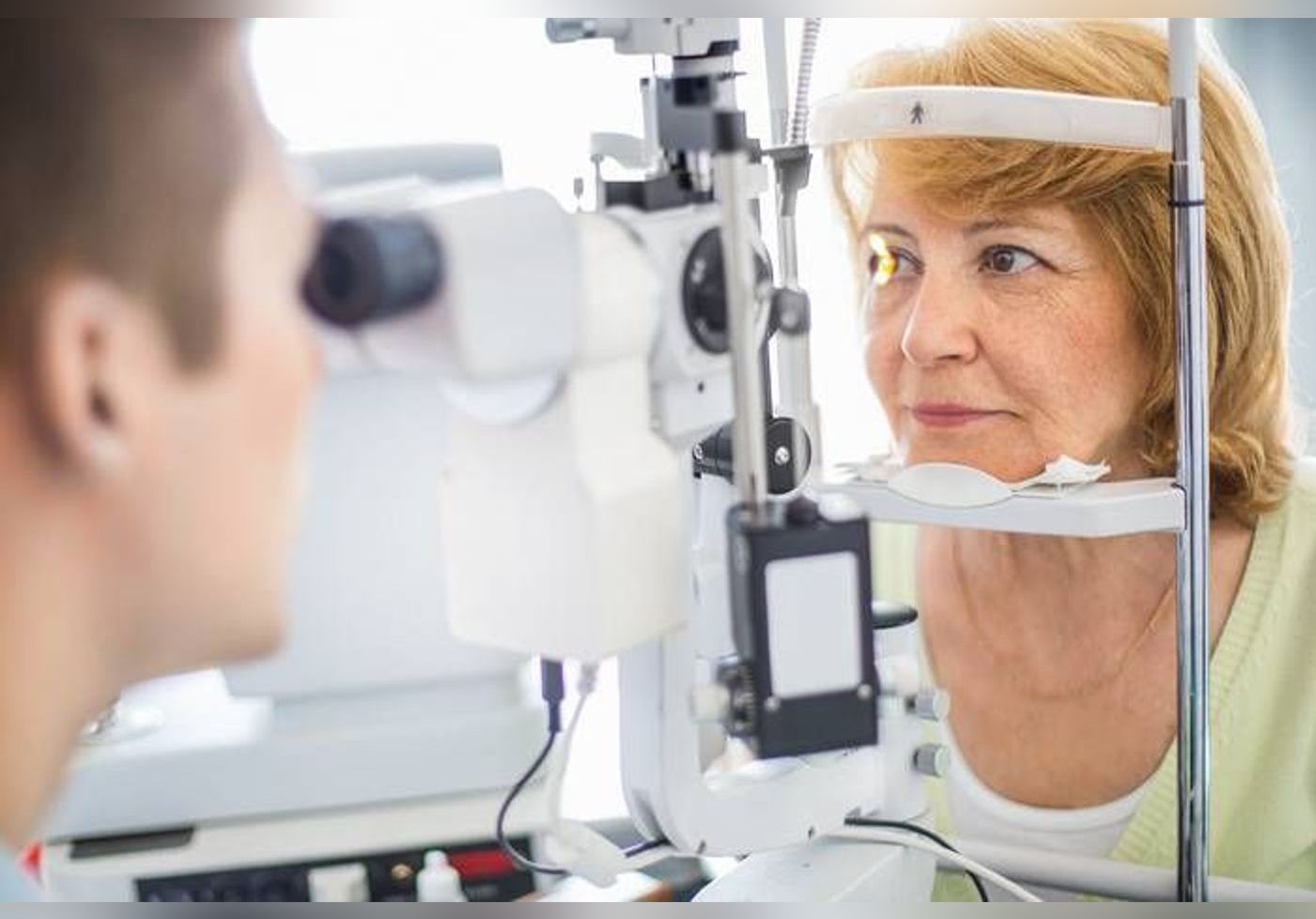First Russian soldier on trial for war crimes in Ukraine admits killing Ukrainian civilian, writes BBC News† Vadim Shishimarin is accused of shooting an unarmed 62-year-old civilian on February 28. The tank commander faces a life sentence.
Ukrainian prosecutors say Shishimarin was riding with other soldiers in a stolen vehicle in the northeastern region of Sumy when they encountered a 62-year-old cyclist using a phone. He was ordered to shoot the civilian to prevent him from telling Ukrainian forces where the Russians were, prosecutors said.
He shot the man in the head from the window of the car with a Kalashnikov, just a few tens of meters from his house. He and the other four soldiers then left the deceased victim on the side of the road.
Shishimarin is 21 years old and comes from Siberian Irkutsk. In a video of the Ukrainian army, he says he is fighting in Ukraine to support his mother financially.
Case against Shishimarin has great symbolic value
Ukrainian chief prosecutor Iryna Venediktova says he is currently investigating 11,000 cases and has identified 40 suspects. The trial of two Russian soldiers who allegedly fired missiles at civilian infrastructure in the Kharkiv region will begin on Thursday.
According to Venediktova, the trial against Shishimarin has great symbolic value. “It is a clear signal that the perpetrators of crimes in Ukraine will be held accountable.”
The Kremlin has said it has no information about this case and that it cannot provide support to Shishimarin, because there is no longer a Russian diplomatic mission in Ukraine. Russia has previously denied that its soldiers are deliberately attacking civilians in Ukraine.
Ukraine has little experience with lawsuits like this. The country receives help from the Netherlands and the United Kingdom, among others, in investigating war crimes and crimes against humanity. The International Criminal Court (ICC) will also investigate the allegations. Hundreds of bodies have already been recovered for forensic examination in the regions where the Russians were present.
–


